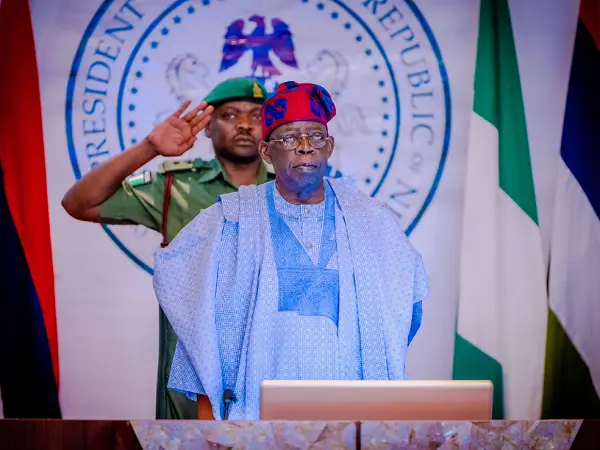Power supply from Nigeria to the Republic of Niger was stopped on Wednesday, as sanctions against the neighbouring country by the Economic Community of West African States increases.
On Sunday, ECOWAS, led by Nigerian President Bola Tinubu, decided on sanctions against the military personnel in Niger who toppled President-elect Mohamed Bazoum’last week.
On July 26, officers of the Presidential Guard arrested Bazoum and declared him deposed.
In addition to a one-week ultimatum to restore constitutional order and the suspension of financial transactions with Niger, ECOWAS decreed the freezing of “all service transactions, including energy transactions.”
Impeccable sources in Nigeria’s power sector confirmed the development, while the AFP also reported on Wednesday that Nigeria had cut its electricity supply to Niger.
The international medium quoted a source close to the management of the Nigerien Electricity Company, popularly known as Nigelec, adding that the move was in line with the sanctions decided by ECOWAS.
However, industry experts called for caution and advised that the Federal Government should be diplomatic in handling the matter, as NIGELEC was under contract with a power firm in Nigeria, Mainstream Energy, for the supply of electricity.
Nigeria exports electricity to the Republics of Benin and Niger based on various Transaction Service Agreements.
In July, it was reported that Nigeria exported about N23.13bn worth of electricity to some neighbouring countries in 2022.
The report confirmed that Nigeria exported electricity to Transcorp-SBEE and Mainstream-NIGELEC.
SBEE is Société Beninoise d’Énergie Electrique, a Benin Republic power firm, while NIGELEC, which is Société Nigérienne d’Electricité or Nigerien Electricity Society, is a power utility firm in Niger Republic.
“Nigeria disconnected since yesterday (Tuesday) the high voltage line that carries electricity to Niger,” AFP quoted its source.
It stated that a NIGELEC agent, on his part, indicated that the capital, Niamey, was “supplied, thanks to local production.”
According to a report by NIGELEC, the neighbouring country’s sole supplier, in 2022, 70 per cent of Niger’s share of electricity came from purchases from the Nigerian company – Mainstream.
Electricity is produced by the Kainji Dam located in Nigeria.
However, to free itself from its strong energy dependence on neighbouring Nigeria, Niger is working to complete its first dam by 2025. Some 180km upstream from Niamey, the Kandadji dam should generate 629 gigawatt-hours of electricity annually.
Attempts to get confirmation from the Transmission Company of Nigeria were unsuccessful as its spokesman, Ndidi Mbah, neither picked up calls nor replied to a text message sent to her about the matter, on Wednesday.
However, the President, of Nigeria Consumer Protection Network, and Coordinator, of Power Sector Perspectives, Kunle Olubiyo, confirmed that ECOWAS would isolate Niger Republic from the electricity supply.
“About 60 per cent of power supply to Niger comes from Nigeria. Just like organised labour usually shuts down the national power grid as part of negotiations when all appeals might have failed to achieve results, Mr President (Tinubu) is the leader of ECOWAS at the moment.
“Disconnection of power supply is seen as a low-hanging fruit,” he stated.


